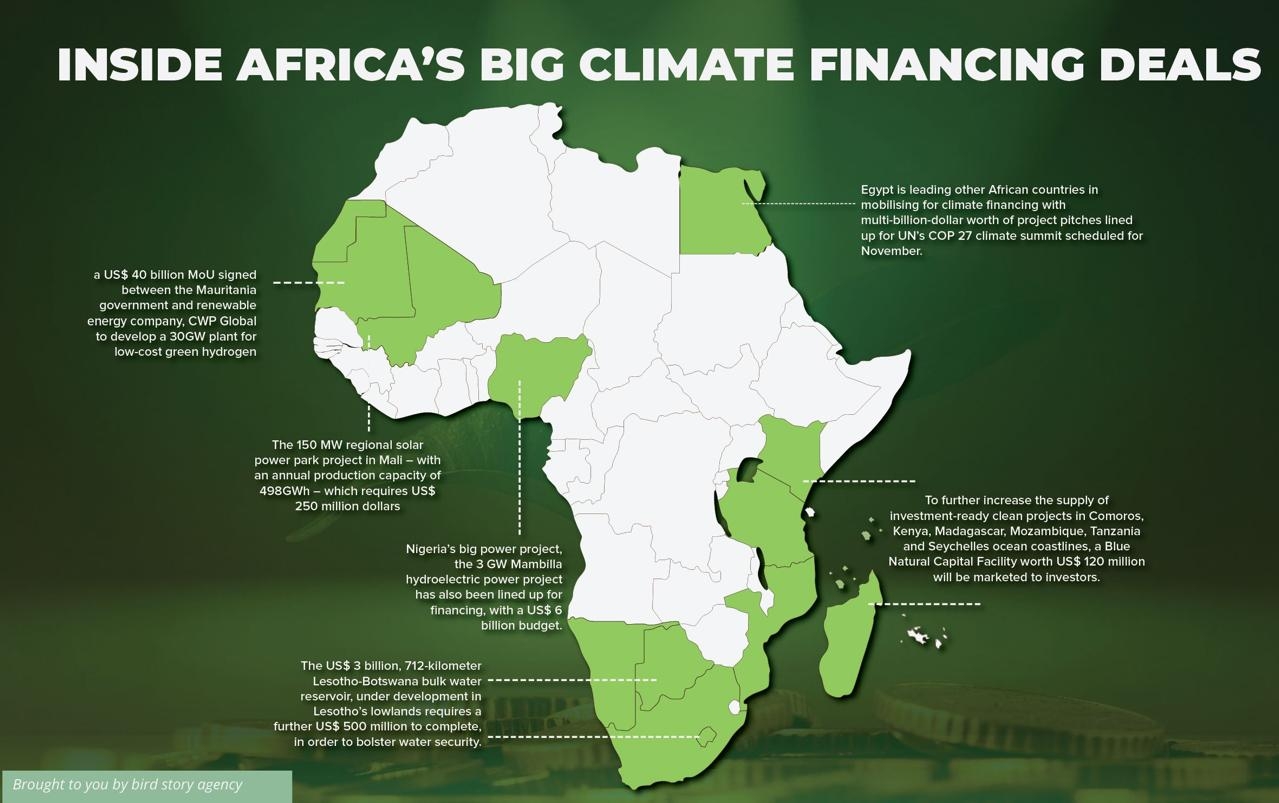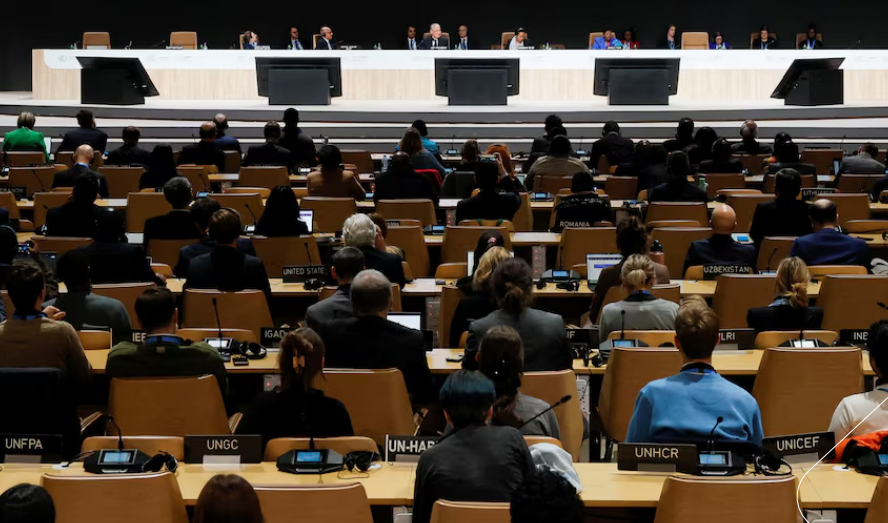

Delegates seated during the COP29 in Baku, Azerbaijan/REUTERS
Africa is heading to COP30 in Belém, Brazil, with a united voice and a clear message that it is time to move from promises to practice on global climate commitments.
Ahead of the conference set for November 10 to 21, 2025, a new policy brief by Power Shift Africa outlines the continent’s priorities and calls for the summit to mark a decisive shift from ambition to implementation.
The report highlights Africa’s growing vulnerability to climate change despite contributing the least to the crisis.
It notes that the continent is warming at twice the global average and adaptation costs are surging beyond $70 billion (Sh9.24 trillion) annually.
“African nations receive only around $15 billion (Sh1.98 trillion) in adaptation funding each year. By 2030, loss and damage costs could approach half a trillion dollars if global inaction continues,” the brief notes.
According to the brief, COP30 must demonstrate that the multilateral climate system can still deliver tangible results for all.
It builds on the commitments made during the first Global Stocktake at COP28 in Dubai and the adoption of a new global finance goal at COP29 in Baku, urging leaders to now focus on real delivery.
“The world no longer needs more promises, but proof that climate multilateralism can still deliver and deliver for all,” founder and Director at Power Shift Africa Mohamed Adow said.
“If COP30 is to be remembered as the implementation COP, it must also be remembered as the moment Africa helped re-anchor the global climate regime in fairness, solidarity and accountability.”
Adow stressed that Africa is not seeking special treatment but fairness and consistency.
He therefore noted that COP30 must not only recognize Africa’s disproportionate vulnerability, but also act on the historic responsibility to support our adaptation and resilience.
“Africa is not arriving in Belém empty handed. We bring solutions, renewable energy potential and a vision for climate justice rooted in fairness and shared prosperity. What we need now is delivery of finance, technology and trust.”
The policy brief calls for a tripling of adaptation finance beyond the current pledge to double by 2030 and demands that finance and technology transfer become binding obligations under the UN climate framework, not voluntary measures.
Campaign and Policy lead for Climate Action Network(CAN Africa) Wafa Misrar cautioned African leaders to scrutinise new global finance proposals such as Brazil’s Tropical Forest Forever Facility.
“The fund aims to raise $125 billion (Sh16.5 trillion) to protect tropical rain forests, but it depends on loans and bonds,” she said.
“This means developing countries could end up paying interest through debt finance to carry out conservation. This is neither new nor fair, but another distraction and market based mechanism that benefits investors more than the countries they claim to support.”
Global Project Co-Lead for Fair Share for People and the Planet at Greenpeace Amos Wemanya underscored Africa’s determination to shape a new era of equitable climate cooperation.
He said Africa will arrive at COP30 determined to drive a new era of climate cooperation grounded in equity and opportunity.
“The continent has the renewable energy capacity, human talent, and ambition to power a cleaner and more resilient global economy, but we need fair access to the finance and technology that makes this possible,” he said.
He added, “Belém must be the moment the world moves beyond pledges and truly invests in Africa’s energy transition.”
According to Wemanya, the just transition must help Africa turn its vast natural resources into engines of resilience and prosperity.
The report also urges the COP30 Presidency to uphold transparency, inclusivity and accountability while rejecting the growing tendency toward side deals and unilateral actions that undermine global cooperation.
It calls on African negotiators to act as a unified bloc across finance, adaptation, and trade while working with civil society, youth, and Indigenous communities to ensure people centred climate diplomacy.


















